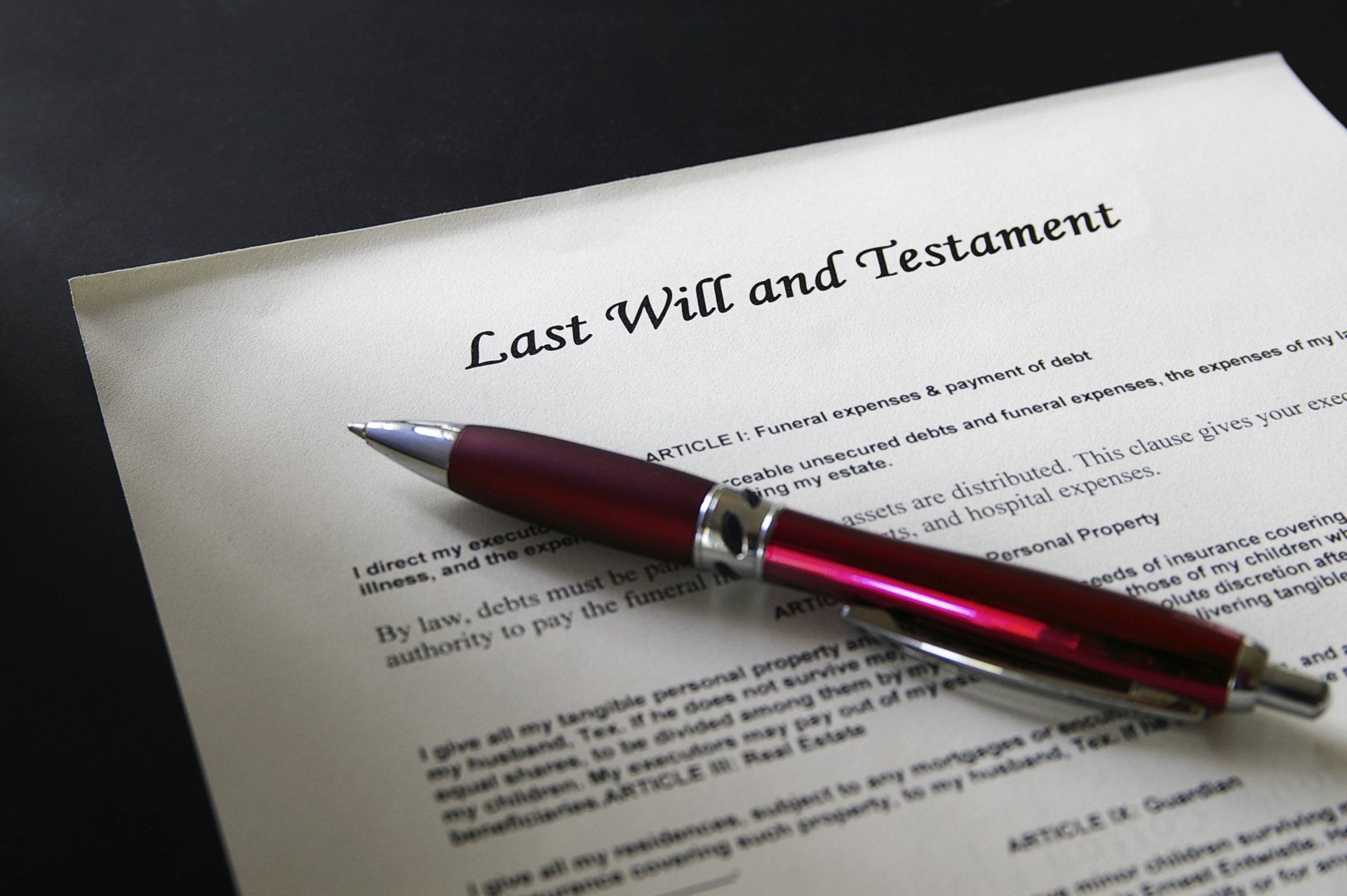ADDRESS: 3900 Newpark Mall Road 3rd Floor Newark, CA, 94560 | EMAIL: daniel@kisnerlaw.com
CALL US FOR A CONSULTATION
(510) 791-5790
Should You Disinherit a Family Member? Can You?
As you prepare your estate plan, you have undoubtedly given a great deal of thought as to how you want your assets divided among friends, family, or charities. But in some cases, a person planning their passing may feel it's necessary to disinherit a family member.
If you find yourself in this position, you may wonder what the best course to take is. Should you disinherit a child, grandchild, or other family member? And if so, can you? Here are a few answers.
Should You Disinherit a Person?
The first step if you are considering disinheriting is to recognize the repercussions and motives of this move. Intentionally leaving someone out of your estate plan can cause lasting financial and emotional damage, including damage within the family that you leave behind. It's a permanent move and sends a distinctly negative message.
In addition to the potential emotional consequences, keep in mind that the financial consequences are lasting. If you disinherit an adult child, for instance, you may also be disinheriting any grandchildren by them. And if the person has a financial or life emergency, they won't have access to any safety net from your assets. They may even challenge the will and put everyone's inheritance in jeopardy.
Of course, there are compelling reasons you don't want to leave someone money. You may worry that they'll waste your money or they may have an addiction problem that could be worse with access to more funding. Some parents even fear that leaving an inheritance to a child with special needs would make it harder for them to access government assistance. In these cases, a good step would be to explore alternatives.
What type of alternatives might exist instead of total disinheritance? One excellent tool is a trust. For instance, if your child is a spendthrift who is likely to waste your money or suffers from an addiction, you could set up a trust that limits their access to funds or sets ground rules for payouts. Similarly, a special needs trust could protect a child's eligibility for other forms of public assistance.
Can You Disinherit a Person?
If disinheriting is, indeed, the right step in your situation, the next question is whether or not you legally are allowed to do it. States have different rules regarding disinheritance, often including a ban on disinheriting minor children. You would need to talk with an attorney to learn the specific requirements in your state.
If your state does allow disinheritance of the individual in question, it may require particular language in the estate documents. In California, for instance, the law mandates that you must specifically identify the family member being left out and explicitly state this intention. If you simply fail to mention them, probate courts will usually operate on the assumption that it was in error and follow probate rules for distribution.
You will also need to work hard to be sure that the will meets all the rules to make it legally enforceable. Challenges by disinherited family member could be made on the grounds of improper execution, undue influence, legal incompetence, and errors or omissions. Work with an attorney to avoid leaving any weak points.
How Can You Ensure Your Wishes Are Met?
Clearly, if you decide that disinheritance is necessary for whatever reason, you should first consult with an experienced estate law attorney in your state.
Kisner Law Firm has aided California residents in ensuring that their final wishes are adhered to for more than 40 years. We can help you to accomplish this with minimal family disruption. Call today for an appointment to discuss your concerns and learn more about potential alternatives.
PHONE: (510) 791-5790 | EMAIL: daniel@kisnerlaw.com
ADDRESS: 3900 Newpark Mall Road 3rd FloorNewark, CA, 94560
HOURS OF OPERATION:
- Mon - Fri
- -
- Sat - Sun
- Closed










